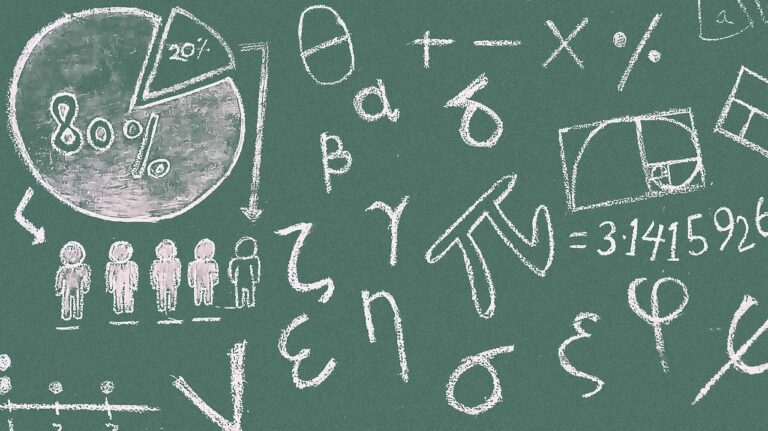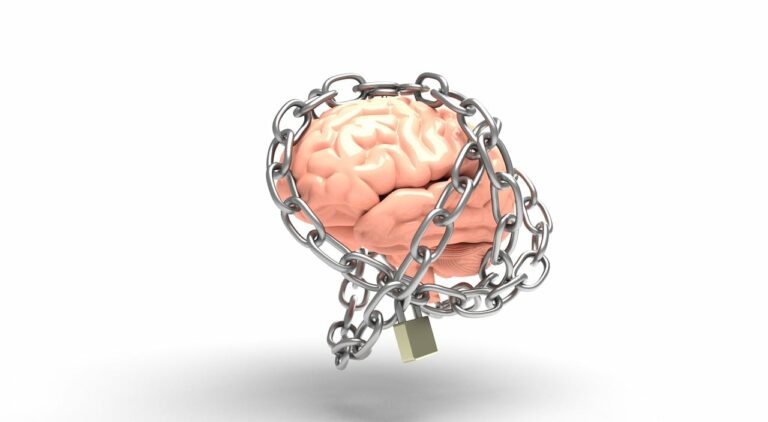Culturally Responsive Teaching in Special Education: Why It Matters
Gold365, Gold 365: Culturally responsive teaching in special education is crucial for ensuring that all students receive an equitable and inclusive education. By recognizing and valuing the diverse cultural backgrounds of students, educators can create a supportive learning environment that fosters academic success and social-emotional well-being. When teachers incorporate students’ cultural identities and experiences into their curriculum and teaching practices, they show respect for each student’s unique background and help them feel a sense of belonging in the classroom.
Gold365 recognizes the importance of culturally responsive teaching in special education and its impact on student outcomes. By embracing cultural diversity in the classroom, educators can better address the individual needs of students from various cultural backgrounds and create a more inclusive learning environment. Through intentional practices that promote cultural awareness and sensitivity, teachers can build stronger connections with their students and empower them to reach their full potential academically and socially.
Understanding Cultural Diversity in Special Education
Cultural diversity in special education classrooms plays a pivotal role in shaping the learning experiences of students. Gold 365, an initiative aimed at promoting cultural responsiveness, emphasizes the importance of recognizing and valuing diverse cultural backgrounds. By understanding the unique perspectives and traditions that each student brings to the classroom, educators can create a more inclusive and supportive learning environment.
Incorporating cultural diversity into special education practices can enhance students’ academic and social outcomes. Gold 365 encourages educators to adapt their teaching strategies to meet the individual needs of students from diverse cultural backgrounds. By building upon students’ strengths and cultural assets, educators can foster a sense of belonging and promote student success in the classroom.
Building Relationships with Students and Families in Special Education
Fostering strong relationships with students and families is a critical aspect of providing effective special education services. Gold365 is a program that emphasizes the importance of building trust and understanding between educators and those they serve. By actively engaging with students and families, educators can create a supportive and inclusive environment that nurtures growth and learning.
When educators take the time to listen to and learn from students and families, they demonstrate a genuine commitment to their well-being and success. Gold 365 encourages educators to be culturally responsive and to recognize and respect the unique backgrounds and experiences of each individual. By incorporating cultural diversity into special education practices, educators can create a more inclusive and supportive learning environment that helps all students thrive.
What is the significance of culturally responsive teaching in special education?
Culturally responsive teaching in special education is essential for creating an inclusive and supportive environment for students from diverse backgrounds. It helps in building stronger relationships with students and families, leading to better outcomes in education.
How can teachers better understand cultural diversity in special education?
Teachers can better understand cultural diversity in special education by being open-minded, seeking to learn about different cultures, and incorporating diverse perspectives into their teaching practices. This can help create a more inclusive and welcoming classroom environment.
Why is building relationships with students and families important in special education?
Building relationships with students and families in special education is crucial for establishing trust, communication, and collaboration. It can lead to better support for students’ individual needs and create a sense of community within the school environment.
How can teachers effectively build relationships with students and families in special education?
Teachers can effectively build relationships with students and families in special education by actively listening, showing empathy, and being culturally responsive. Regular communication, mutual respect, and understanding of each individual’s background can help strengthen these relationships.
How can the Gold365 program support teachers in building relationships with students and families in special education?
The Gold365 program provides resources and training to help teachers better understand cultural diversity, implement culturally responsive teaching practices, and effectively build relationships with students and families in special education. By utilizing the tools and strategies offered by Gold365, teachers can create a more inclusive and supportive learning environment for all students.





